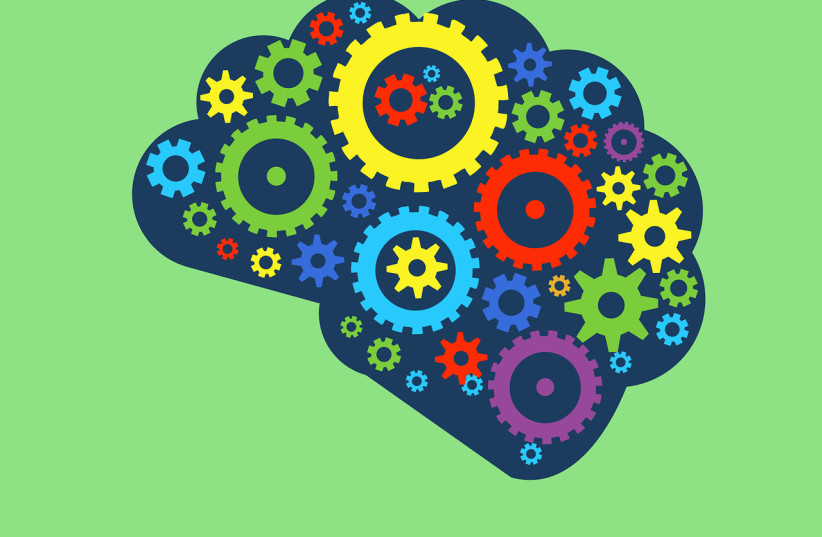Emotional support from Bedouin grandmothers plays a pivotal role in enhancing the adaptive behavior of children with autism, offering a new lens on family dynamics and care strategies, an Israeli study showed.
The study, by Ashkelon Academic College researchers Hagar Binoun Chaki and Yifat Faran, was published in the Journal of Autism and Developmental Disorders.
They have highlighted the significant impact of emotional support from mothers and mothers-in-law on children with autism spectrum disorders (ASD) in Bedouin society in Israel. The research sheds light on how family dynamics and intergenerational support play a pivotal role in enhancing the adaptive behavior of children with ASD.
The link between emotional support and adaptive behavior
ASD is characterized by challenges in communication and social interaction, which can lead to increased parental stress and negatively affect family functioning.

In traditional societies like the Bedouin community, where the role of the extended family is paramount, the study aimed to explore how emotional support from close family members affects the development and behavior of children with autism.
The researchers surveyed 100 mothers of children with ASD, gathering data on the level of emotional support they received from their mothers and mothers-in-law, the overall functioning of the family, their satisfaction with life, and their child’s adaptive behavior.
The findings revealed a direct correlation between the support provided by the grandmothers and the child’s behavior, mediated by improvements in family functioning and the mother’s life satisfaction.
Intergenerational solidarity: A key to better outcomes
This study emphasized the importance of intergenerational solidarity, particularly among women, in traditional societies. According to the study, the emotional and practical support provided by grandmothers not only aids the immediate family unit but also contributes indirectly to the betterment of the child’s adaptive behavior.
“The involvement of grandmothers in the family dynamics can be a game-changer for children with ASD,” noted the researchers. “Our findings advocate for recognizing the value of women’s solidarity and its positive repercussions on the child’s development within traditional communities.”
Implications for autism support and intervention
The study’s outcomes underscore the need for a holistic approach to autism support and intervention that encompasses the wider family network. By integrating extended family members into therapeutic strategies, there can be a significant improvement in the quality of life and adaptive behavior of children with ASD.
“This research is a call to action for societies, especially those with strong family bonds like the Bedouin, to leverage the strength of their extended networks in supporting children with autism,” said Faran and Chaki. “It highlights the indirect yet profound impact that emotional support and family cohesion can have on the lives of these children.”
